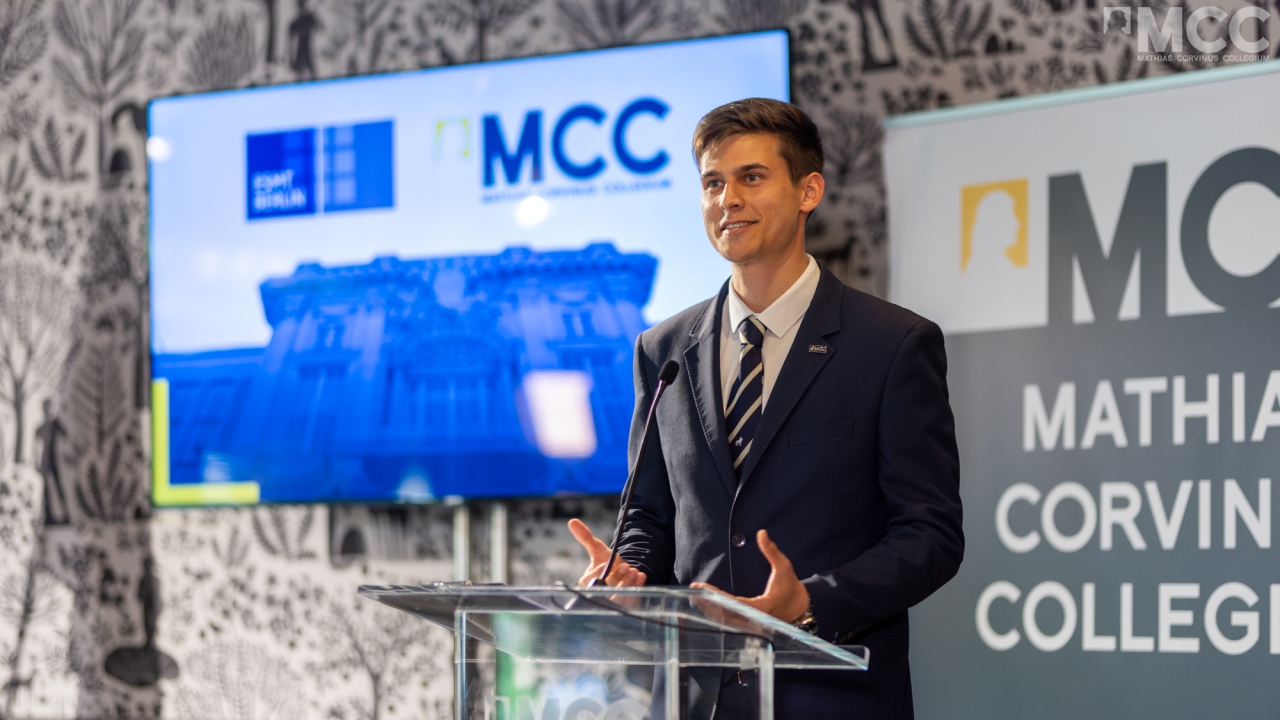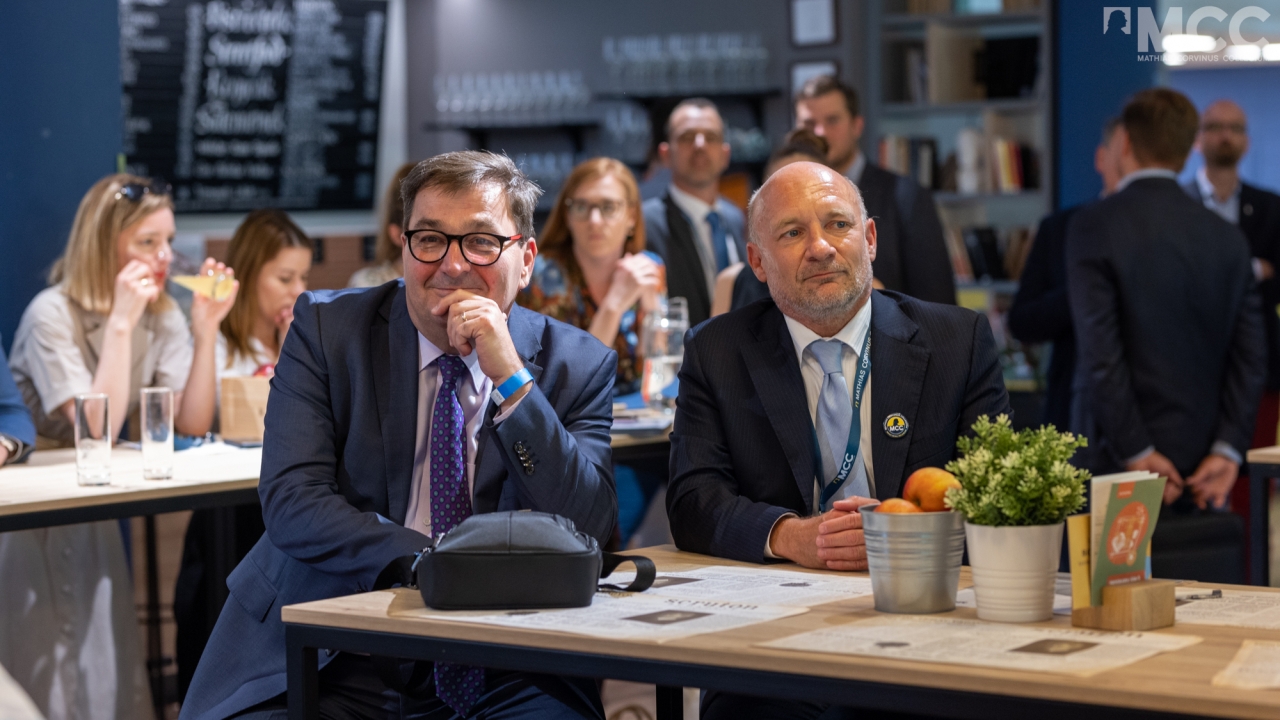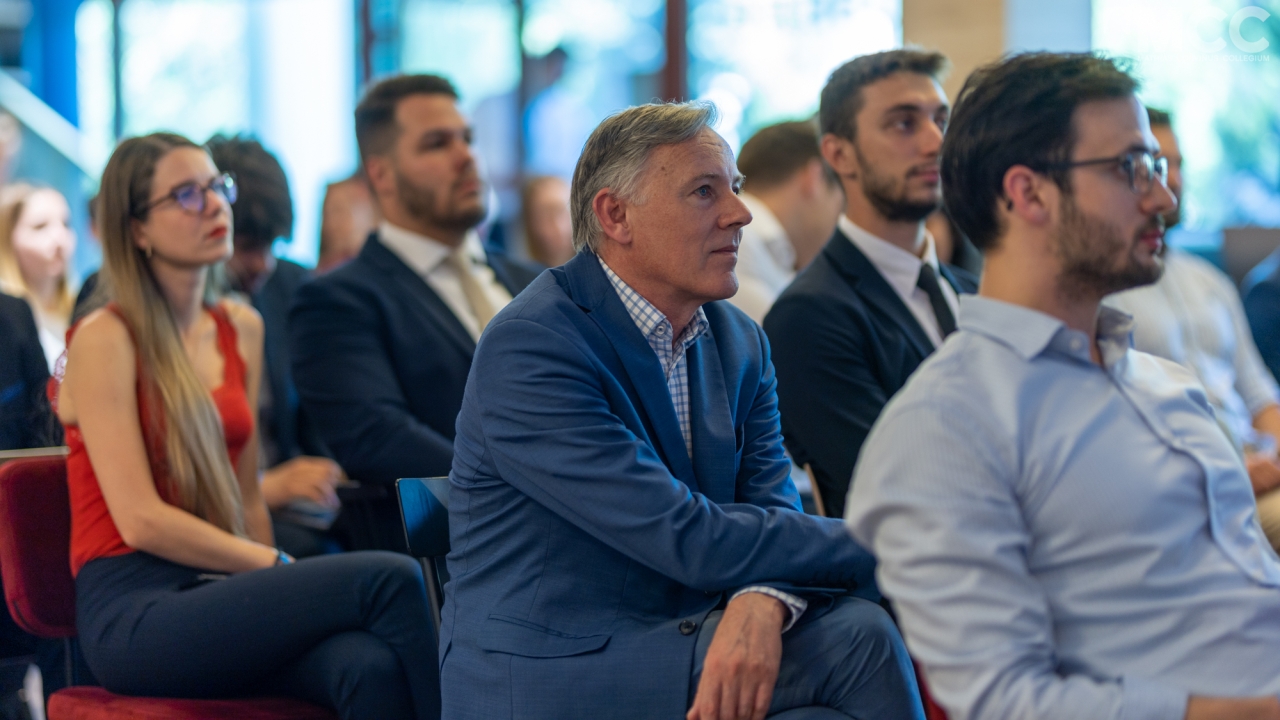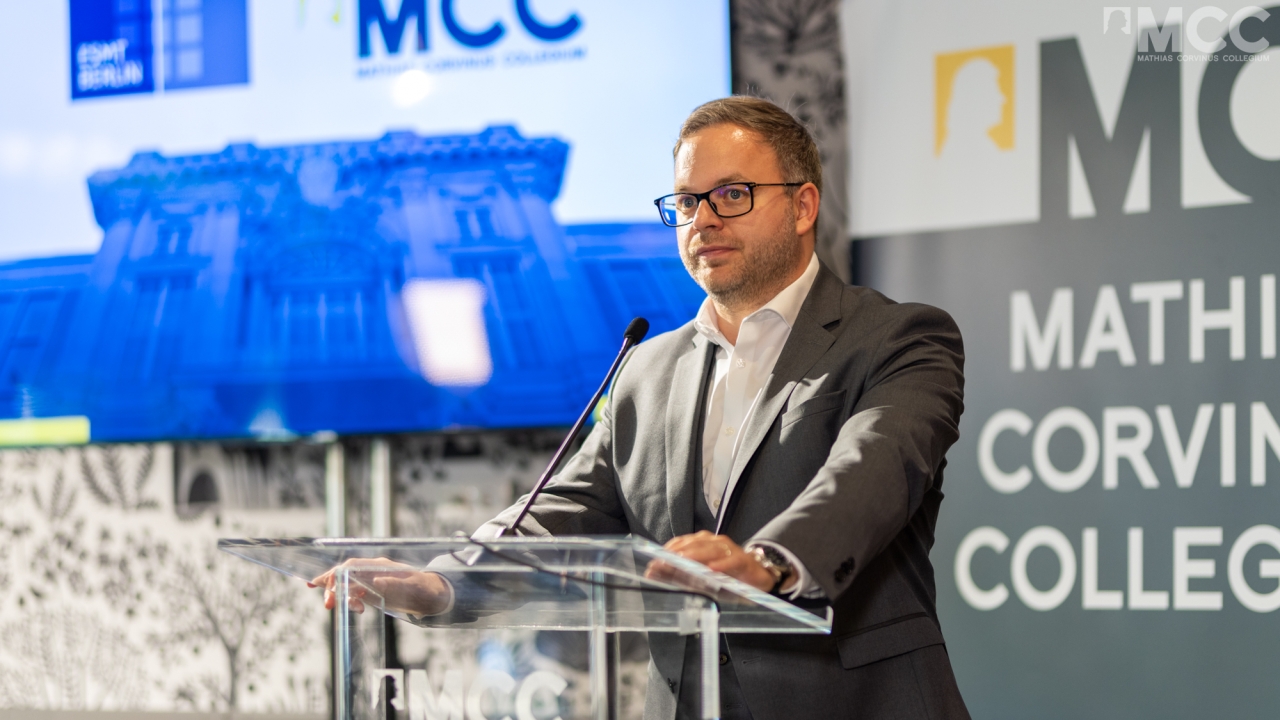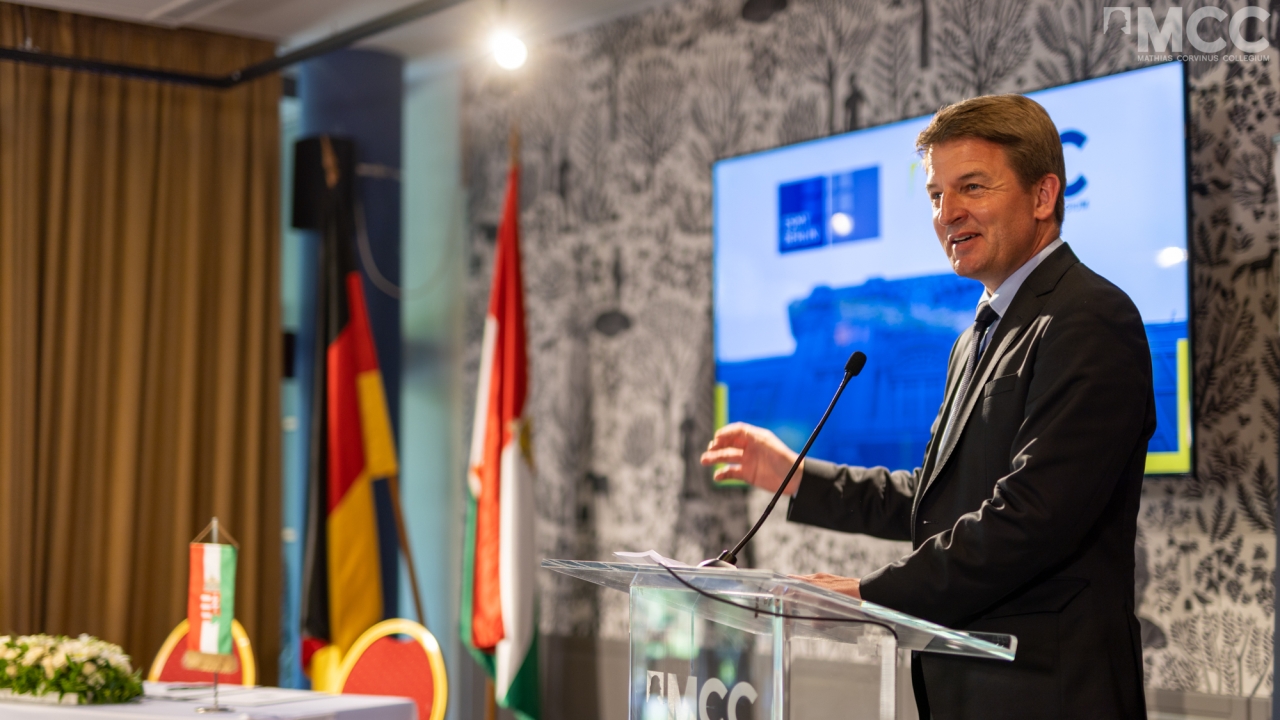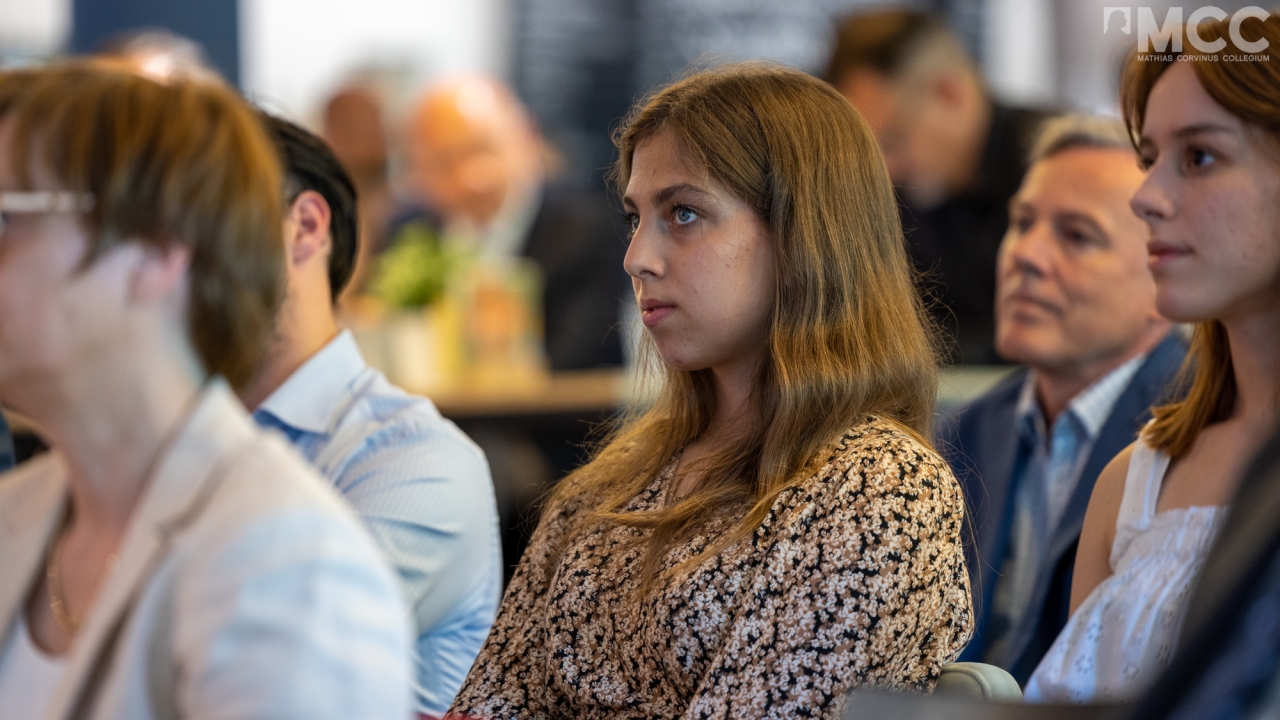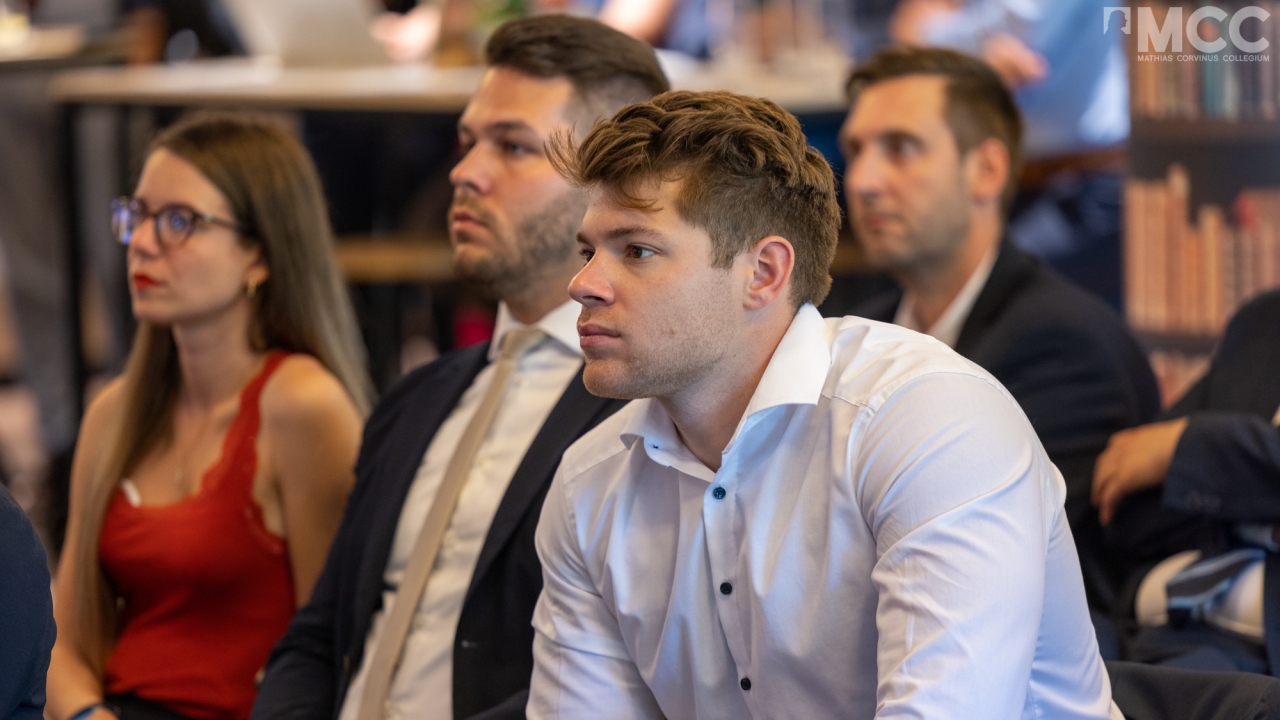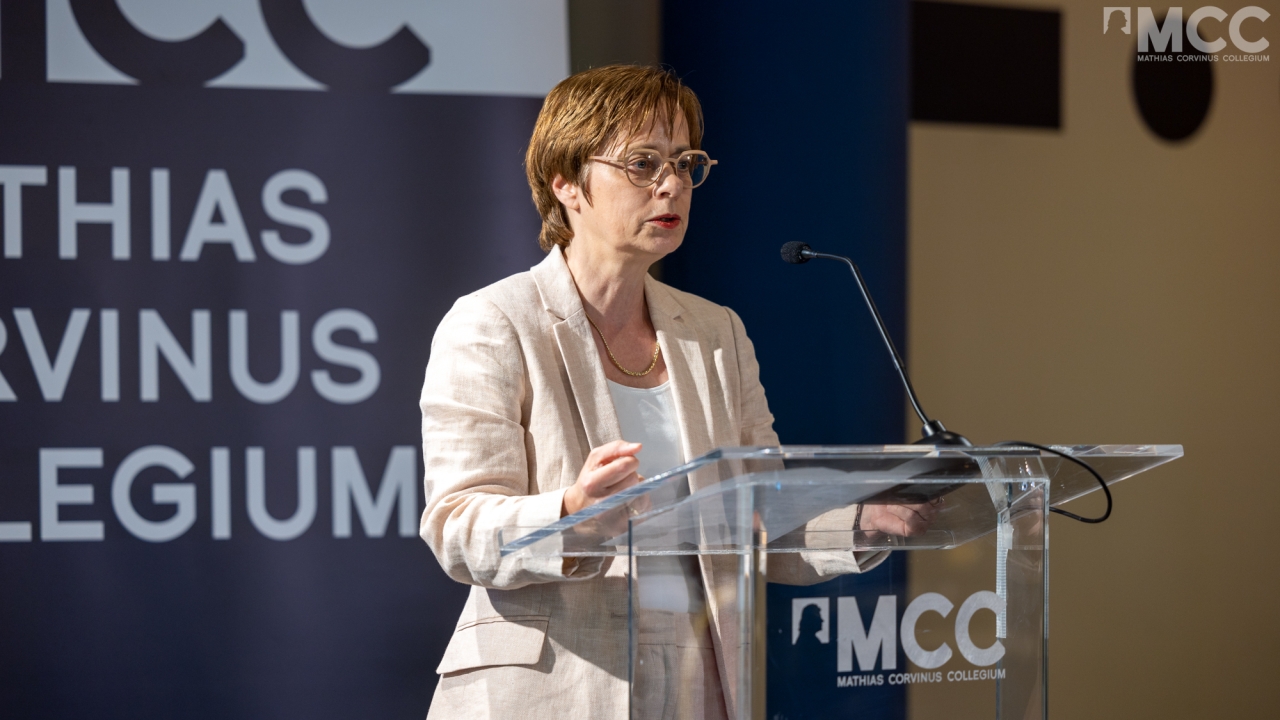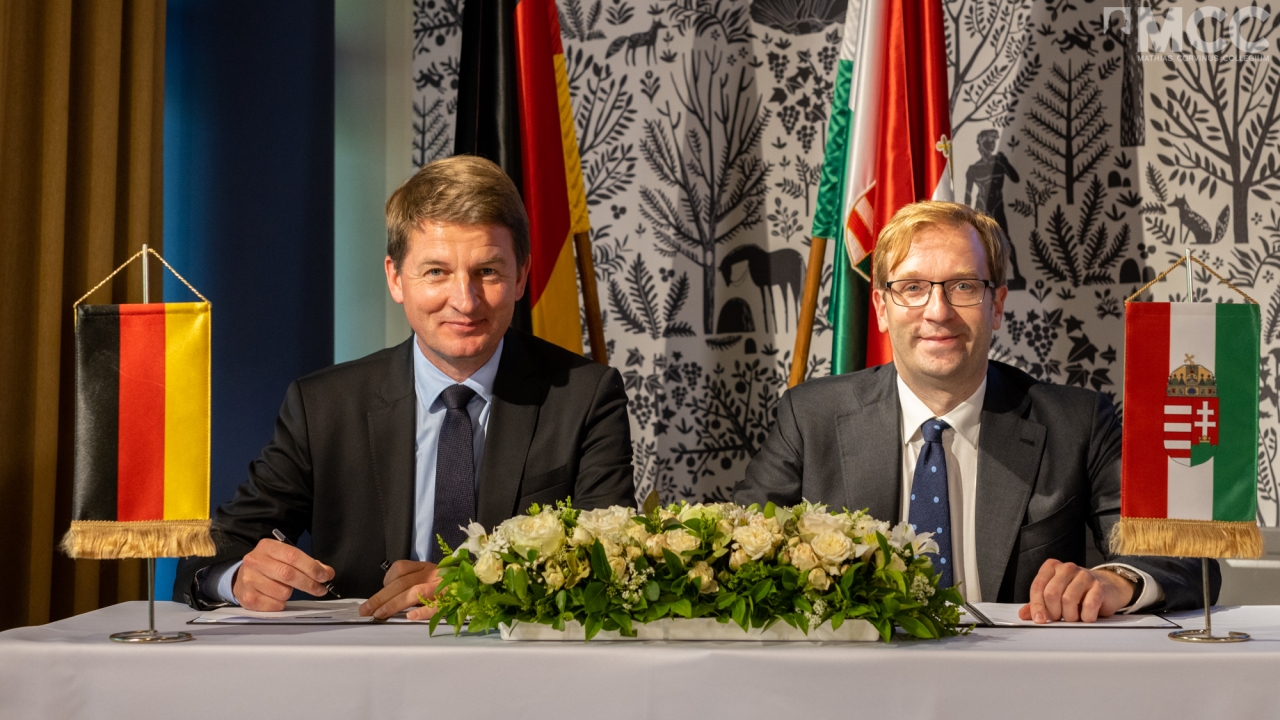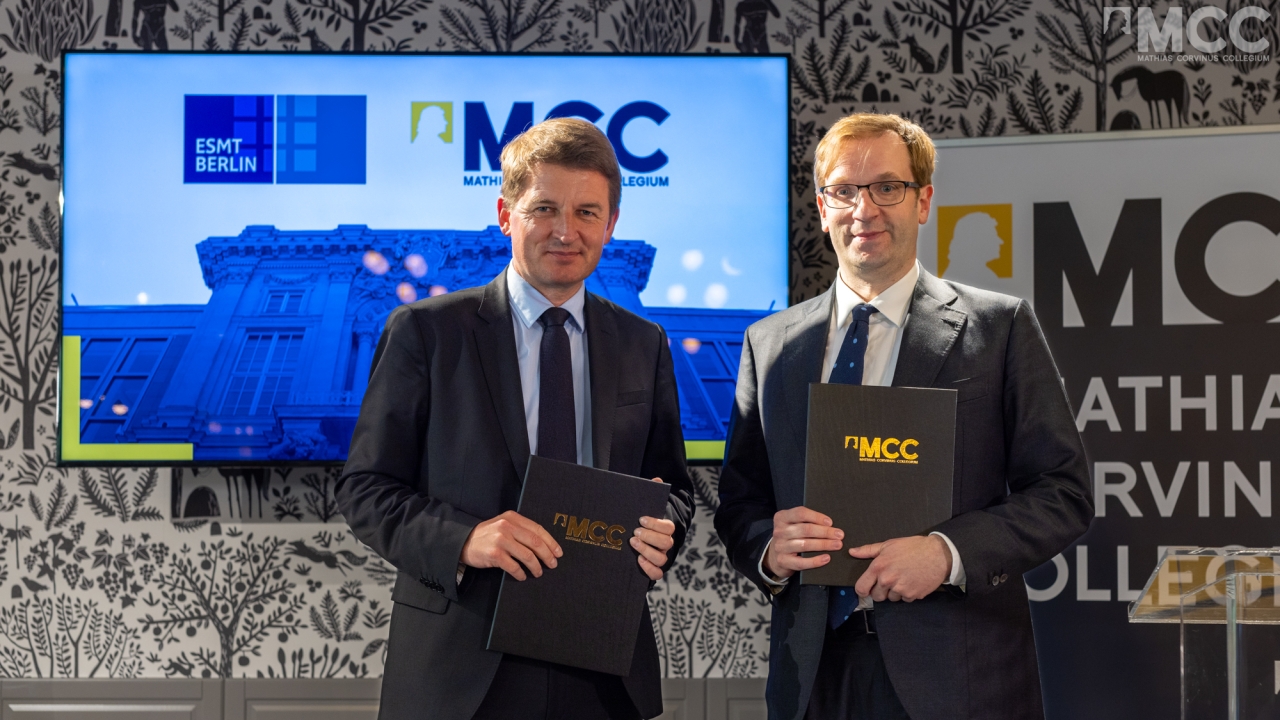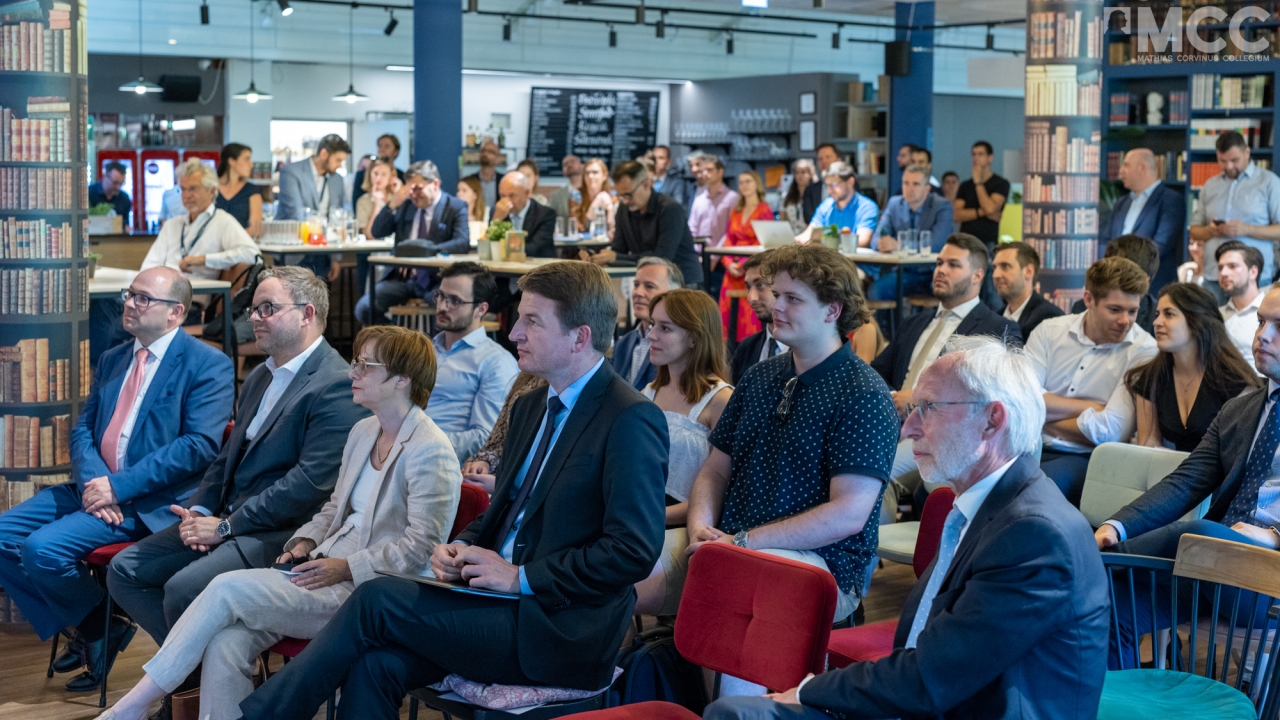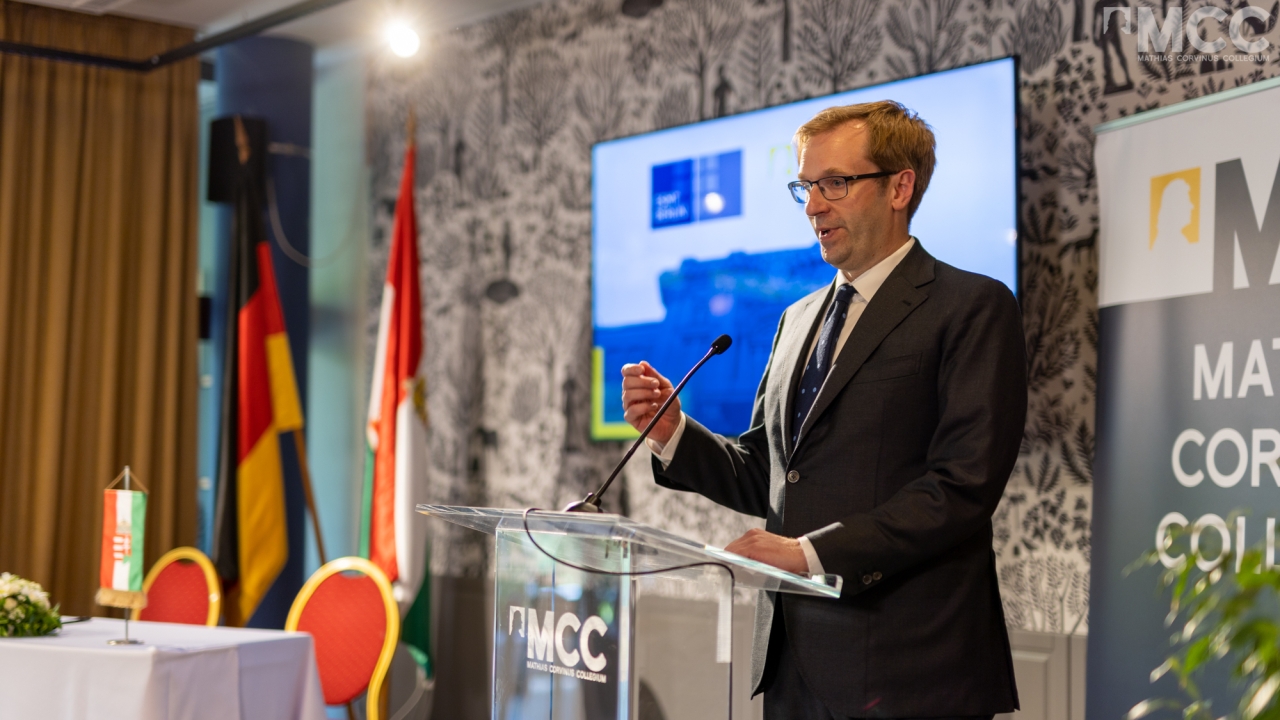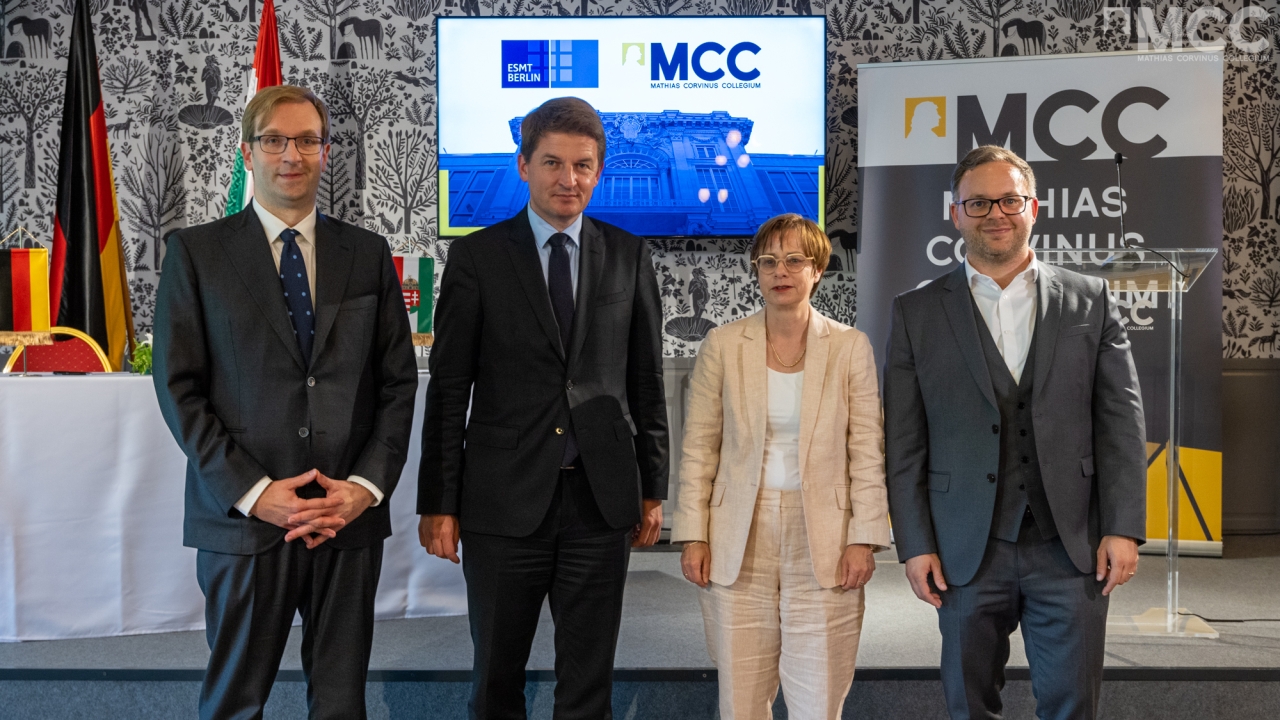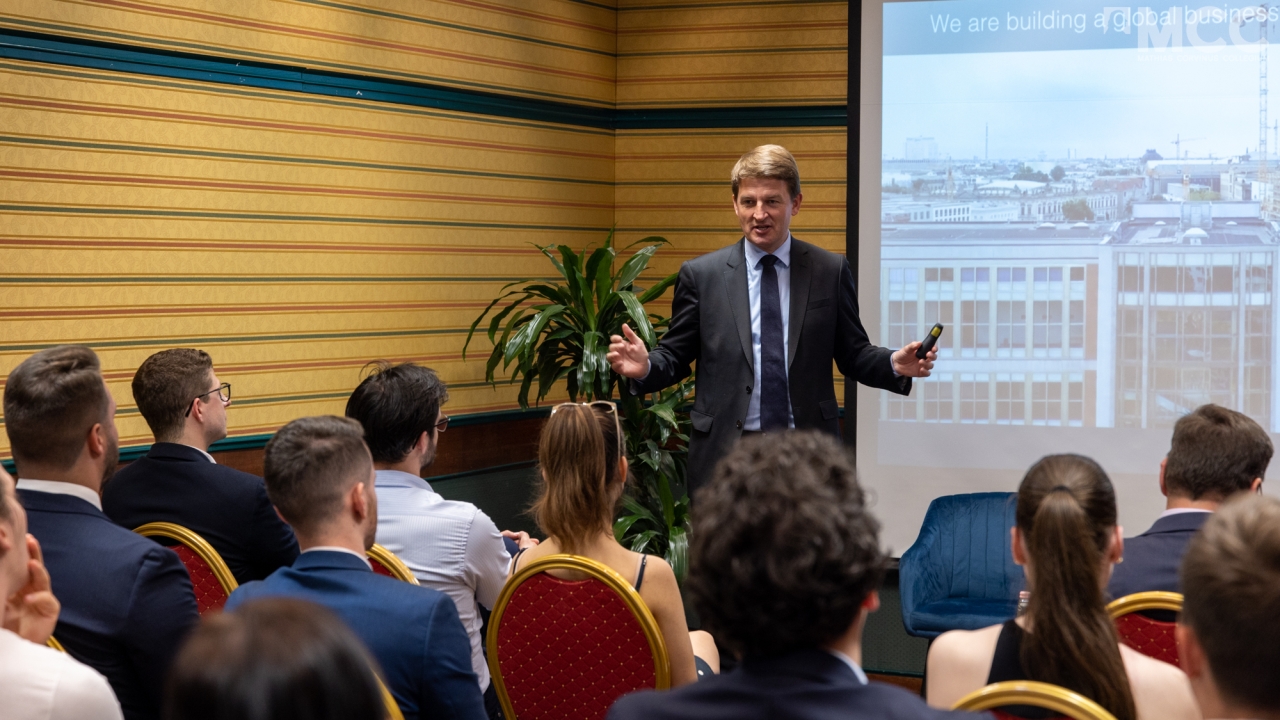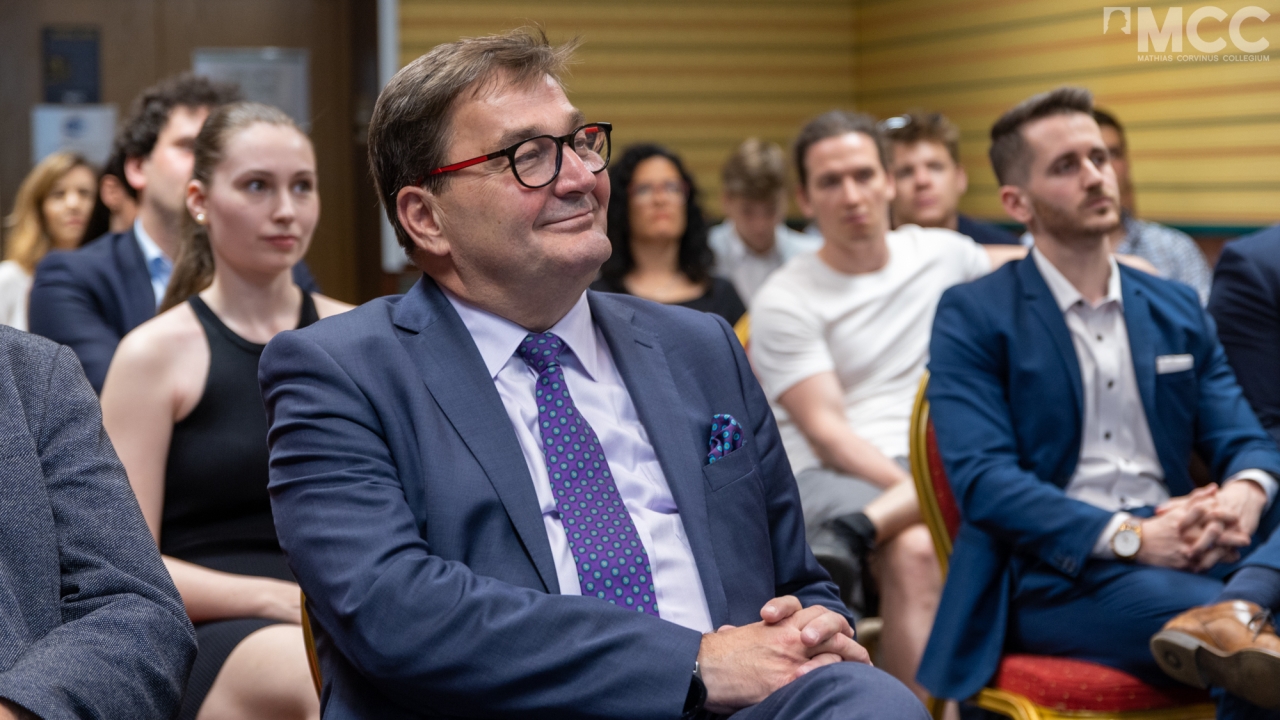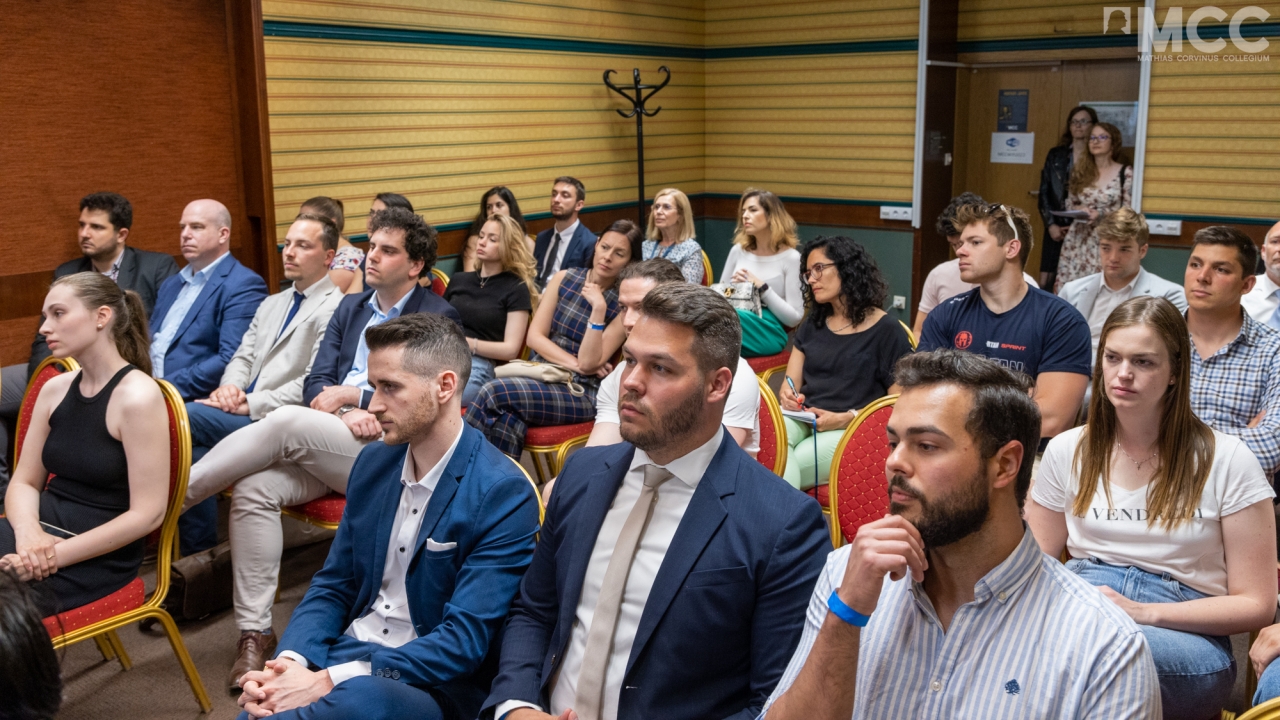Reading time: 4 minutes
The Mathias Corvinus Collegium (MCC) and the European School of Management and Technology Berlin (ESMT Berlin) have officially signed a cooperation agreement that will allow more than 20 Hungarian students to study at Germany's top business school each year. In addition to the unique opportunities for students and researchers, this cooperation will also deepen the academic and economic relations between Germany and Hungary.
Speaking at the ceremony in Budapest, Jörg Rocholl, President of ESMT Berlin, stressed that this cooperation will contribute immensely to the deepening economic ties between Western, Central and Eastern Europe. He stressed that this new relationship between EMST Berlin and MCC will allow students to acquire some of the best expertise in Europe, while also promoting mutual understanding between the two countries. The president further added, that with more than 1,000 students from over 100 countries studying at ESMT, the business school also aims to boost the economic development of Eastern and Central Europe by training future experts and leaders. Jörg Rocholl has been the president of ESMT since 2011 and has served as Deutsche Bank’s Professor of Sustainable Finance since September 2022. He also is the chair of the advisory board to the German Federal Ministry of Finance. Speaking about the economic relations between the two countries, he highlighted that Hungary is an attractive location for German companies, and they are keen to invest in Hungary.
Balázs Orbán, Chairman of the Board of Trustees of MCC, emphasized that the cooperation between ESMT Berlin and MCC goes beyond the two institutions, it is also about the future of Europe. He pointed out the crucial importance of academic cooperation between Hungary and Germany and warned that Europe has no future without common cultural foundations, knowledge, and roots.
The German Ambassador to Hungary, Julia Gross said: “this partnership is an unusual project, in that curricula and underlying political outlook of both institutions are really quite different. MCC is known to many in Germany as an institution strongly committed to a certain political worldview. So I am sure that some have asked why ESMT chose MCC as a partner. But that is precisely the attraction we see in this exchange project - we believe it will serve to open windows in students' minds, teach them to show an interest also in differing views, attempt to understand and find ways of cooperating out of the box. I have got to know the MCC as a space where frank discussion is possible, where opinions sometimes clash, but opinions and positions are listened to.”
Following the ceremonial signing of the agreement, Zoltán Szalai, the Director General of MCC, reminded the attendees that while the agreement and framework were now set, it was now time to create a meaningful cooperation. He stated that the opportunity for Hungarian students to study at one of Europe's top ten universities is an unparalleled achievement and laid the groundwork for future success.
This remarkable cooperation is only the latest development in the rapid growth of MCC’s international network in the past few years. The talent institution, which provides education for over 7,000 students, opened a training site in Brussels last autumn, where students can learn about and discover the workings of the European Union firsthand. Another agreement was recently reached with The Roger Scruton Legacy Foundation, allowing MCC students to study at some of the United Kingdom’s top universities. It is within this framework that MCC signed the agreement with ESMT Berlin. Starting this autumn, more than 20 students from the Mathias Corvinus Collegium will have the opportunity to study, free of charge, at Germany's top-ranked business school. ESMT Berlin, which was recently ranked among the top 10 business universities in Europe by the Financial Times is one of the four business schools in Germany to hold the "Triple Crown" accreditation, the highest quality recognition for business schools worldwide.
This cooperation will not only offer great opportunities for students but also for MCC researchers as well. Researchers will have the chance to gain membership in MCC and ESMT Berlin. MCC delegates can also take part in ESMT Berlin programs and the work of the International Advisory Board. Future development goals include the creation of an MCC-Chair at ESMT Berlin.
